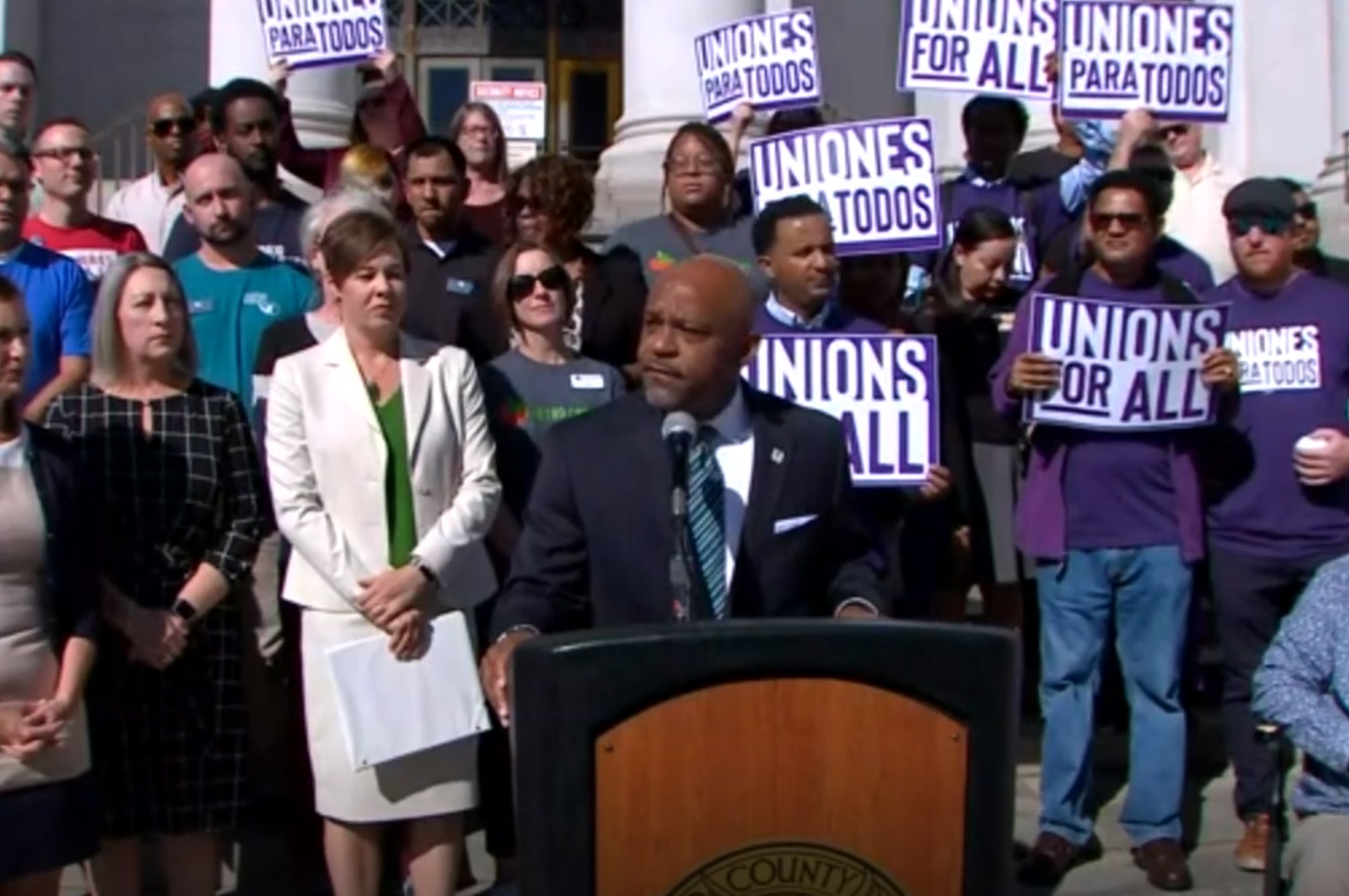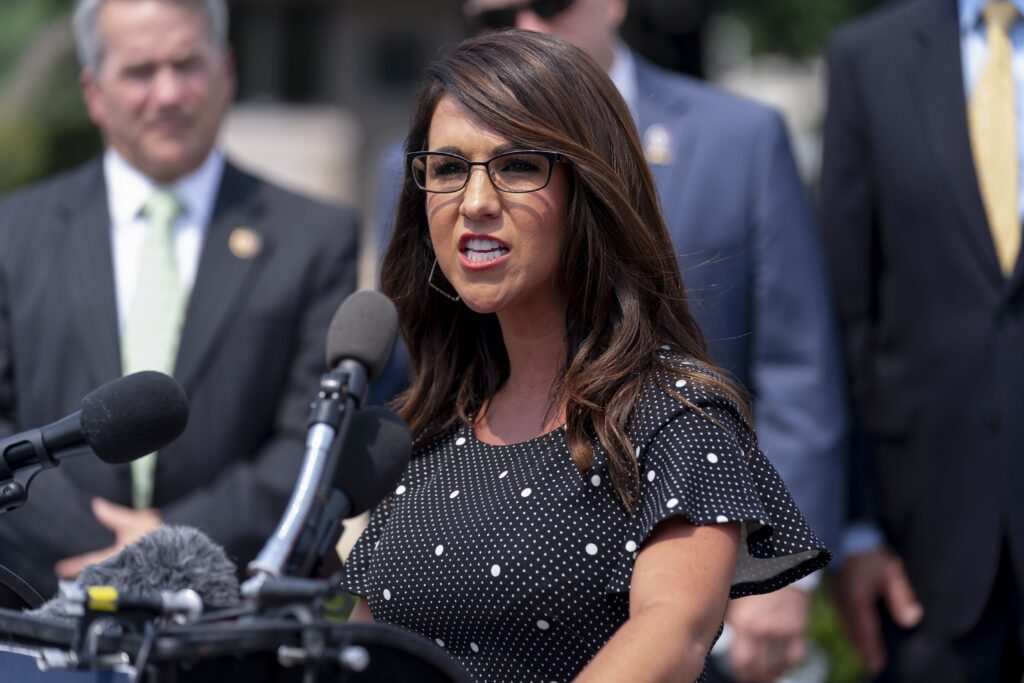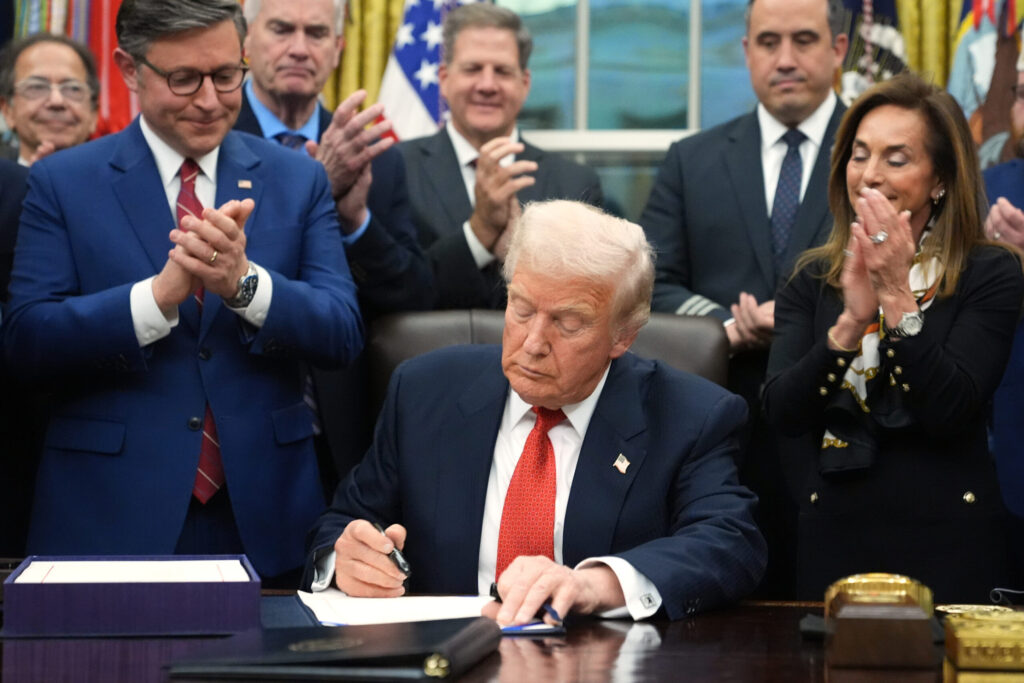A minimum wage hike is coming, and Denver officials want to hear how to make sure businesses are ready

Like it or not, a wage increase will sweep through Denver on Jan. 1.
Well, not definitively – but “the prudent thing” for business owners to do is plan that it will, City Councilwoman At-Large Robin Kniech said Tuesday evening during the second-to-last town hall on the proposed minimum-wage hike that could affect more than 100,000 people.
Denver is slated to become Colorado’s first municipality to raise its own minimum wage. The path was paved in May when the state legislature passed a Democrat-backed bill allowing local governments to set their own minimum wages, as long as it exceeds the state minimum wage of $11.10 per hour.
Mayor Michael Hancock and Kniech seized on the opportunity, and in September jointly proposed a wage ordinance. Under the proposal, the city’s minimum wage would bump up to $13.80 in 2020 and rise again to $15.87 the next year. Wages in years following would be adjusted by the Consumer Price Index.
Tuesday’s meeting, the fifth of six planned town halls, was held in a conference room at the Hiawatha Davis Jr. Recreation Center in northeast Denver. Council members Debbie Ortega and Chris Herndon attended, as well as Hancock’s Deputy Chief of Staff Evan Dreyer.
Unlike some of the previous town halls, audience members didn’t push for the city to raise higher wages than what’s been proposed. Instead, a sizable chunk of the conversation revolved around slowing down the timeline; increasing wages as a “moral obligation”; and how much minors should make.
Some business owners asked for council members to change their proposal so that minors wouldn’t have to be paid as high as older, and presumably more experienced, employees.
An owner of a frozen yogurt company that employs numerous young, first-time employees was concerned that having to pay minors the same wage as more skilled employees would discourage him from hiring young people – and he worried how that would affect teen lives.
He asked council members to research those impacts before making any decisions.
University of Denver law student Skylar Larson, 22, said not paying minors equally would be “incredibly exploitative when they’re already vulnerable in the workplace” and seems “really unethical.”
Isis Usborne, who graduated from DU last year and works for the Colorado People’s Alliance, also supported equal pay for minors. Almost all of Usborne’s friends juggle between two and three jobs.
“There are children who work at 15 and 16, not because they want extra money to go to the movies, but because they have to give that money to their parents to survive, to be able to take care of their younger siblings,” Usborne said.
About 5,000 minors currently are making less than minimum wage, Kniech said.
She and Dreyer told the audience that over the next two weeks they would be weighing the minor wage exemption issue and also said “the wage level could change down.”
One more town hall remains, scheduled Oct. 29, after which Kniech and Hancock will finalize their proposal and send it down the pipeline. From there it enters a four-week council debate process, and the city also will hold two public meetings. The latter meeting will be held just before the final hearing on Nov. 25.














